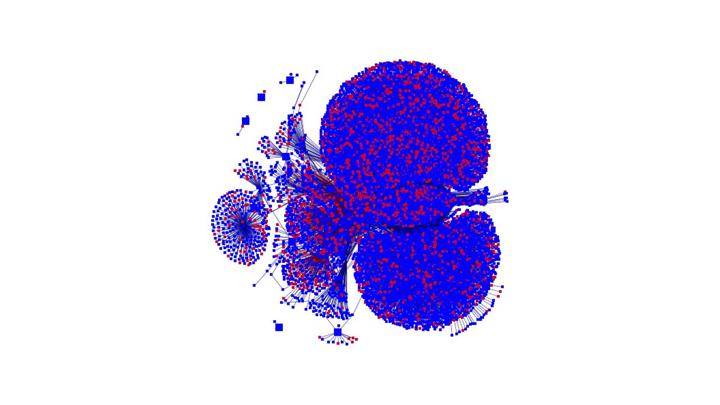Interoperable pipelines for social cyber-security: Assessing Twitter information operations during NATO Trident Juncture 2018
 The sub-network of accounts which interacted with Sputnik accounts. Red nodes represent accounts conservatively predicted to be bots using BotHunter.
The sub-network of accounts which interacted with Sputnik accounts. Red nodes represent accounts conservatively predicted to be bots using BotHunter.
Abstract
Social cyber-security is an emergent field defining a multidisciplinary and multimethodological approach to studying and preserving the free and open exchange of information online. This work contributes to burgeoning scholarship in this field by advocating the use of interoperable pipelines of computational tools. We demonstrate the utility of such a pipeline in a case study of Twitter information operations during the NATO Trident Juncture Exercises in 2018. By integratively utilizing tools from machine learning, natural language processing, and dynamic network analysis, we uncover significant bot activity aiming to discredit NATO targeted to key allied nations. We further show how to extend such analysis through drill-down procedures on individual influencers and influential subnetworks. We reflect on the value of interoperable pipelines for accumulating and triangulating insights that enable social cyber-security analysts to draw relevant insights across various scales of granularity.